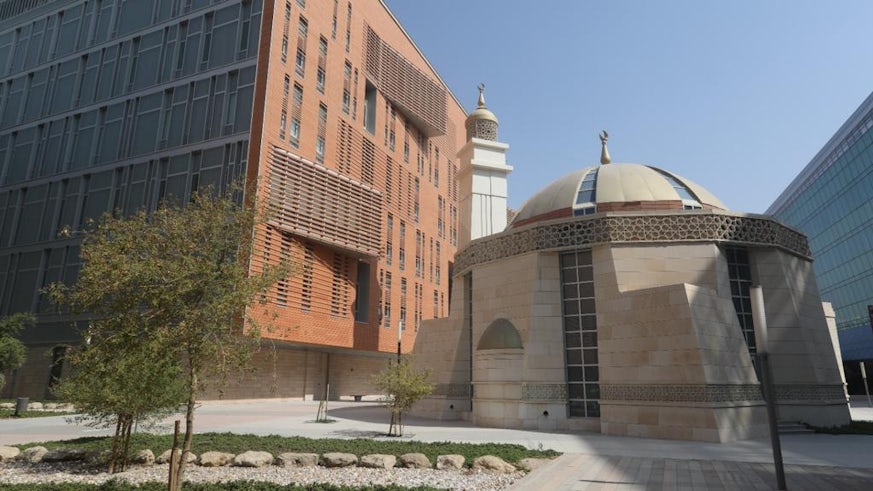The “Eco Mosque” in a post-Covid world
10 November 2021

Dr Magda Sibley (Welsh School of Architecture) and Professor Omer Rana (School of Computer Science & Informatics) successfully obtained funding for the British Council UK Kuwait Kick Start Science programme.
The project entitled The Post-pandemic Smart “Eco-Mosque” & its Enhanced Cultural Heritage Role’ focuses on soliciting community views for the design of an ‘Eco Mosque’. The project will achieve this by gaining an understanding of how this type of built environment can be made into a sustainable, efficient “space” for people to meet and interact.
Running from October 2021 – March 2022 the project will establish a multidisciplinary collaboration between Cardiff University (Welsh School of Architecture and the School of Computer Science & Informatics) and Kuwait University (Department of Architecture and the Department of Computer Engineering) to co-produce strategies for the design of “Smart Eco-Mosques.” The concept will be developed through the co-creation of energy and ecological transitions across for two Kuwait University campus (case study) mosques, one from the Khaldiya campus and the other one from the newly built Shedadiya campus. A mosque plays an important role in the cultural and social fabric of many countries and is a place for large gatherings of people, for instance during Friday and Eid prayers.
The selected University campus mosques will be the focus of a research and educational testing site (a “living lab”), while continuing to be used by staff and students. An initial energy audit of the case study mosques (based on the use of sensors) will allow the monitoring of current conditions and these can be used for future computer simulations. This will allow strategies for passive and active environmental systems to be developed that are activated through digital technologies to enhance the energy efficiency of the building and the comfort, safety and wellbeing of the worshippers, at different operational capacities. The outcome of this project can be used to develop a prototype mosque that can replicated across the world.
The teams will also develop informed short and long-term retrofitting strategies for enhanced access to natural ventilation and daylight, improved indoor air quality and healthy indoor temperatures while maintaining thermal comfort and wellbeing of the worshippers. These strategies will be co-produced by teams at both Universities, tested through computer simulation and through short term small feasible interventions on site. Long term strategies such as the integration of solar panels for off grid electricity and water recycling for landscaping will also be co-produced.